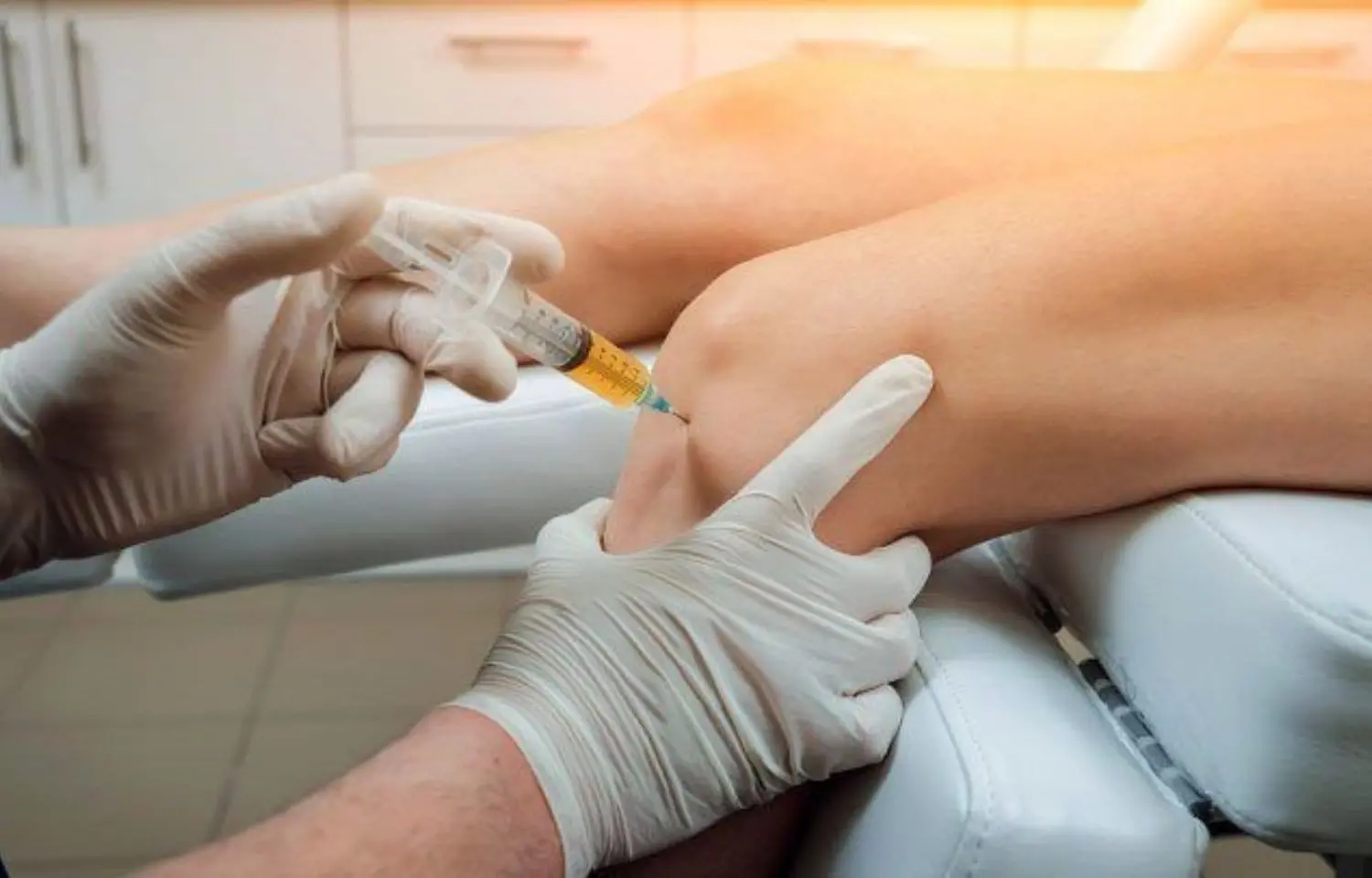- Home
- Medical news & Guidelines
- Anesthesiology
- Cardiology and CTVS
- Critical Care
- Dentistry
- Dermatology
- Diabetes and Endocrinology
- ENT
- Gastroenterology
- Medicine
- Nephrology
- Neurology
- Obstretics-Gynaecology
- Oncology
- Ophthalmology
- Orthopaedics
- Pediatrics-Neonatology
- Psychiatry
- Pulmonology
- Radiology
- Surgery
- Urology
- Laboratory Medicine
- Diet
- Nursing
- Paramedical
- Physiotherapy
- Health news
- Fact Check
- Bone Health Fact Check
- Brain Health Fact Check
- Cancer Related Fact Check
- Child Care Fact Check
- Dental and oral health fact check
- Diabetes and metabolic health fact check
- Diet and Nutrition Fact Check
- Eye and ENT Care Fact Check
- Fitness fact check
- Gut health fact check
- Heart health fact check
- Kidney health fact check
- Medical education fact check
- Men's health fact check
- Respiratory fact check
- Skin and hair care fact check
- Vaccine and Immunization fact check
- Women's health fact check
- AYUSH
- State News
- Andaman and Nicobar Islands
- Andhra Pradesh
- Arunachal Pradesh
- Assam
- Bihar
- Chandigarh
- Chattisgarh
- Dadra and Nagar Haveli
- Daman and Diu
- Delhi
- Goa
- Gujarat
- Haryana
- Himachal Pradesh
- Jammu & Kashmir
- Jharkhand
- Karnataka
- Kerala
- Ladakh
- Lakshadweep
- Madhya Pradesh
- Maharashtra
- Manipur
- Meghalaya
- Mizoram
- Nagaland
- Odisha
- Puducherry
- Punjab
- Rajasthan
- Sikkim
- Tamil Nadu
- Telangana
- Tripura
- Uttar Pradesh
- Uttrakhand
- West Bengal
- Medical Education
- Industry
PRP Injections Cause More Mild Complications Than Placebo in Knee osteoarthritis: Study

Researchers have determined in a new study that platelet-rich plasma (PRP) knee osteoarthritis (OA) injections are associated with a much higher rate of complications than placebo saline injections. Based on the analysis, complications of PRP were seen in almost one in five patients, and a number needed to harm (NNH) of only 11 such that for every 11 patients who are treated with PRP, one more patient will have an adverse effect than with other injectables. The study was published in the journal of Arthroscopy by Fucaloro and colleagues.
With the growing application of PRP as a biologic knee OA treatment, it is important to know about its safety profile. The present review provides a valuable comparison between PRP and the other popular injectable treatments, namely hyaluronic acid (HA), corticosteroids, and placebo saline.
To determine the safety of PRP for knee OA, investigators systematically reviewed PubMed, Embase, Web of Science, and Cochrane databases for randomized controlled trials (RCTs) of PRP versus other intra-articular injections and with treatment-related complications reported. Trials of PRP applied at the time of surgery or those that did not report adverse effects were excluded.
Researchers aggregated data from included studies and estimated the total rate of complications, odds ratios (ORs), and number needed to harm (NNH) with DerSimonian-Laird random-effects models. Subgroup analysis contrasted PRP with hyaluronic acid, corticosteroids, and placebo saline.
Key Findings
A total of 24 RCTs involving 2,751 patients were included in the review. Of these, 1,318 patients received PRP injections, while the remaining patients received HA, corticosteroids, or saline placebo.
The PRP group experienced 246 complications, while the comparison group had 131 complications.
• Complication rates: 18.66% in the PRP group vs. 9.14% in the comparison group
• p-value: < 0.01 (statistically significant)
• Number needed to harm (NNH): 11
• Subgroup analysis results:
• PRP vs. hyaluronic acid (HA):
• OR: 1.33
• p = 0.22
• I² = 0.0% (low heterogeneity)
• PRP vs. corticosteroids:
• OR: 3.07
• p = 0.35
• I² = 63.49% (moderate heterogeneity)
• PRP vs. placebo saline:
• OR: 4.88
•p < 0.01 (statistically significant)
• I² = 0.00% (low heterogeneity)
Importantly, only one patient reported severe pain, while all other complications were classified as mild to moderate and self-limiting, including joint stiffness, injection site discomfort, and transient swelling.
In conclusion, PRP injections for knee osteoarthritis are associated with a significantly higher rate of mild-to-moderate complications compared to placebo, though similar to those seen with hyaluronic acid and corticosteroids. The NNH of 11 serves as a useful reference for clinicians weighing the potential harms of PRP therapy. While complications were generally not severe, the findings support the need for informed decision-making and cautious use of PRP in knee OA treatment plans.
Reference:
Fucaloro, S. P., Bragg, J., Berhane, M., Mulvey, M., Krivicich, L., Zink, T., & Salzler, M. (2025). Complications of platelet rich plasma injection for knee osteoarthritis are similar to corticosteroids and hyaluronic acid, but are significantly greater than placebo injections: A meta-analysis of randomized controlled trials. Arthroscopy: The Journal of Arthroscopic & Related Surgery: Official Publication of the Arthroscopy Association of North America and the International Arthroscopy Association.https://doi.org/10.1016/j.arthro.2025.05.018
Dr Riya Dave has completed dentistry from Gujarat University in 2022. She is a dentist and accomplished medical and scientific writer known for her commitment to bridging the gap between clinical expertise and accessible healthcare information. She has been actively involved in writing blogs related to health and wellness.
Dr Kamal Kant Kohli-MBBS, DTCD- a chest specialist with more than 30 years of practice and a flair for writing clinical articles, Dr Kamal Kant Kohli joined Medical Dialogues as a Chief Editor of Medical News. Besides writing articles, as an editor, he proofreads and verifies all the medical content published on Medical Dialogues including those coming from journals, studies,medical conferences,guidelines etc. Email: drkohli@medicaldialogues.in. Contact no. 011-43720751


